You’ve probably already heard that it’s a good practice to power down electronic devices an hour or two before going to bed to help improve your quality of sleep, but in 2018, we’re finding that not all technology is bad for bedtime. Sleep technology is changing the way we fall and stay asleep – everything from smart mattresses, to sleep trackers, and even hot tubs are gaining notice for their ability to help promote a more sound night’s sleep.
Hydrotherapy
You heard that right! Your hot tub from Dream Maker Spas can help you gain a more restful night’s sleep!
Sleep.org describes how changing temperatures guide us into sleep. While 98.6 degrees is a normal baseline body temperature, your body temperature actually fluctuates by a couple of degrees throughout the day. When you feel alert, your body temperature is higher. As your body temperature falls, you’re more likely to feel drowsy.
As you drift off to sleep at night, your temperature naturally cools down. Your body’s temperature drops after leaving the warm water of your hot tub, mimicking the cooling that occurs while you’re falling asleep. Simulating this cooling effect with your hot tub can ease you into sleepiness so that you fall asleep quicker.

Smart Mattresses
Mattresses are being re-engineered with technology enhancements to help you have a more sound night’s sleep. Some exciting new enhancements include the ability to gently wake you up with sensors that can be set to vibrate if you haven’t gotten out of bed after a set alarm.
Additionally, following the same idea of your hot tub’s cooling capabilities, some mattresses are even being engineered with built-in temperature controls, allowing you to set the optimal sleeping temperature for you to have your best night’s sleep.

Sleep Trackers
Many contemporary sleep trackers are designed to work synonymously with your smart mattress. As you drift off to sleep, your smart mattress receives inputs upon how much you toss and turn at night – sending real-time data back to your phone.
A recent study used Apple Watches to detect abnormal heart rhythms that occur as a person falls asleep. The results of the study exhibited that the Apple Watch is able to detect abnormal heart rhythms with 97 percent accuracy and revealed that an estimated 22 million adults in the US exhibit some signs of sleep apnea.

